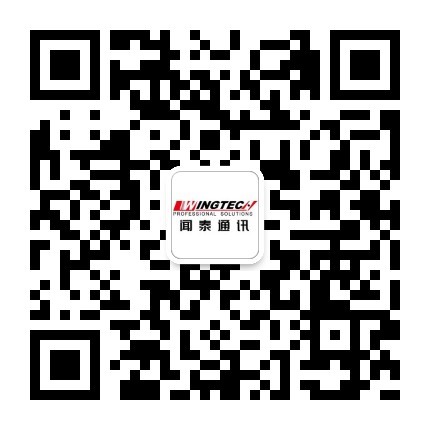Focus of Japanese Media: China is Committed to Localization of EV Semiconductor
China's electronics giant Wingtech Technology is committed to the localization of electric vehicle (EV) semiconductors, according to Japan economic news on April 9. The company plans to invest 12 billion yuan to build a factory in Shanghai to produce power semiconductors for control circuits. Such semiconductors are not within the scope of US sanctions, so they have broad prospects. In order to realize the dream of "EV Power", the Chinese government is accelerating the construction of domestic supply chain for key components.
According to the report, Wingtech Technology's plant built in cooperation with Nexperia will be put into operation in 2022, mainly producing "discrete semiconductors" such as power semiconductors and transistors. The factory will use large 12 inch wafers in the production process, with an annual output of 400,000 wafers. It will become the world's largest manufacturer in the discrete semiconductor industry.
Fuji Electric and Toshiba also plan to invest in power semiconductor business, the report said.
According to the analysis of the report, Wingtech Technology has invested a lot of money mainly for the following two reasons:
The first reason is the shortage of semiconductor supply caused by factors such as EV production increase. Power semiconductor can be used to control current and voltage, which is indispensable for EV and mobile communication base station.
Since last autumn, the semiconductor supply for automobiles and machine tools has been in shortage all over the world, and the demand for EV semiconductors is expected to increase greatly. According to the estimation of omdia, a British market research organization, the total market size of discrete semiconductors, including power semiconductors, will reach US $28.5 billion in 2024, an increase of 14% over 2020. China is already the largest EV market in the world. If we want to popularize EV continuously, China must realize the localization of power semiconductor.
Another reason is that discrete semiconductors are not subject to US sanctions. Discrete semiconductors can be produced by traditional manufacturing devices without precision machining. As these devices are not on the sanctions list, omdia expert Nan Chuanming believes that Chinese enterprises are easy to invest in equipment on their own.
Source: Toutiao
Original Link: https://www.toutiao.com/i6949425149498098184
Media Contact
Ms.Zhang,PR manager





![关于开云在线登入[图片]](/static/LM_Img/关于开云(中国)有限公司_小图-120230320102917.jpg)
![开云(中国)有限公司[图片]](/static/LM_Img/开云(中国)有限公司2017032011413820171023023641.jpg)
![开云在线登入[图片]](/static/LM_Img/fuwu2017032011004120171023024342.jpg)
![关于开云在线登入[图片]](/static/LM_Img/投资者关系20170320110238.jpg)
![人才发展[图片]](/static/LM_Img/人才发展20170320112039.jpg)
![联系开云(中国)有限公司[图片]](/static/LM_Img/联系开云(中国)有限公司20170320114037.jpg)


